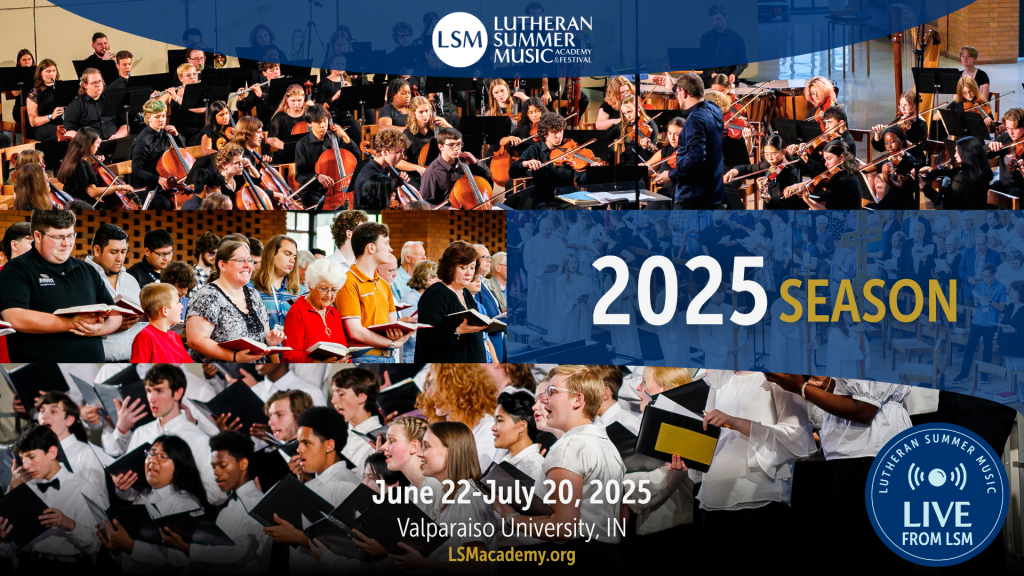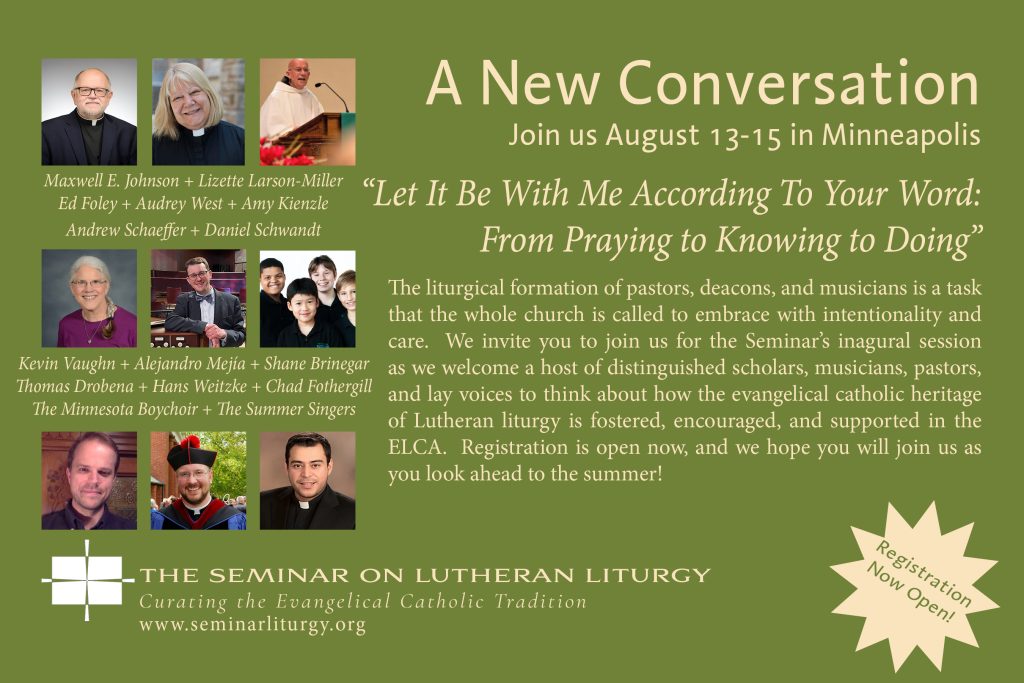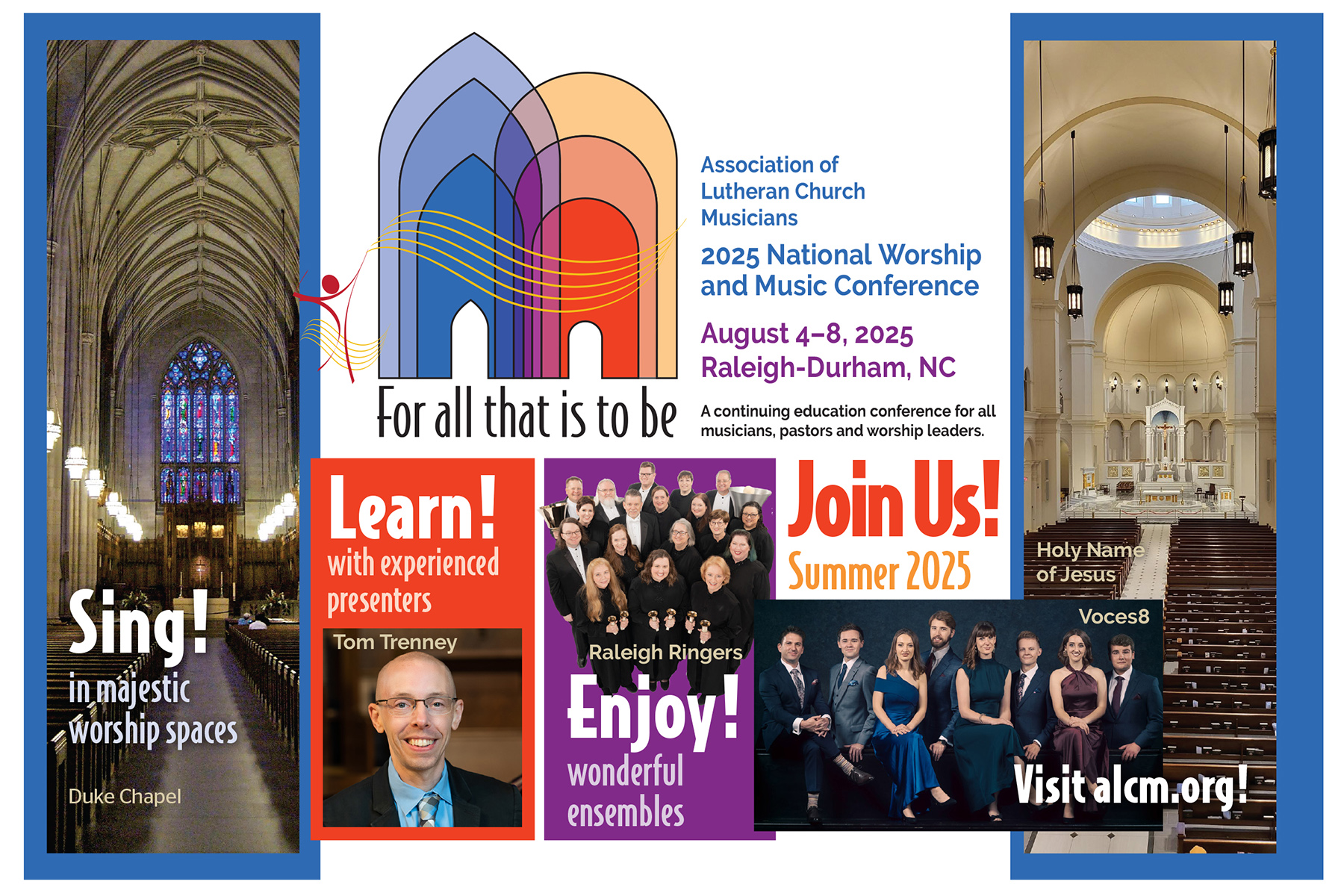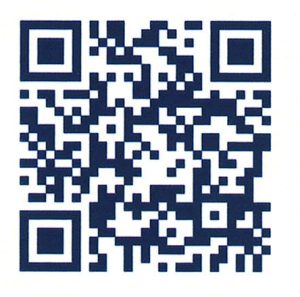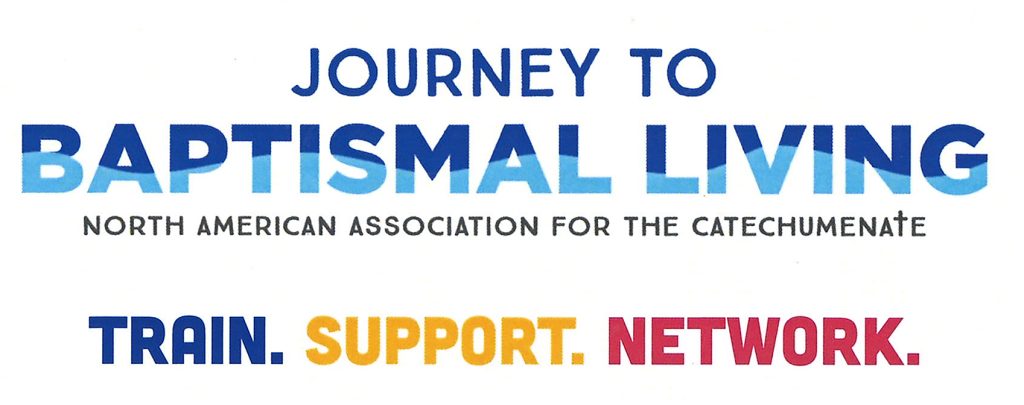Augsburg Fortress is the publishing ministry of the Evangelical Lutheran Church in America
Each month ELCA Worship highlights resources from Augsburg Fortress Publishers that support worship leaders, worship planners, musicians, and all who care about the worship of the church. ELCA Worship also features resources from other partners in a monthly blog post.
Share your All Creation Sings experience
As we approach the 5-year anniversary of the release of All Creation Sings, we are interested in the impact that this resource has made in your congregation and community.
Share a photo of a copy of All Creation Sings where you use it, or in the hands of the people who use, it along with a 1-4 sentence testimonial about your ministry’s experience with this liturgy and song supplement in the Evangelical Lutheran Worship family. Please be sure to identify yourself or your congregation in the testimonial (ex: Pr. Jane Doe, First Lutheran Church, Chicago, IL). Send it to reply@augsburgfortress.org by August 15. Responders will be entered into a drawing for a $150 gift card to Augsburg Fortress Publishers (good for use at augsburgfortress.org or wearesparkhouse.org). These submissions may be shared in our general marketing surrounding the 5-year anniversary and beyond. If you cannot share both a photo and testimonial, we would be happy to receive either one. Thank you!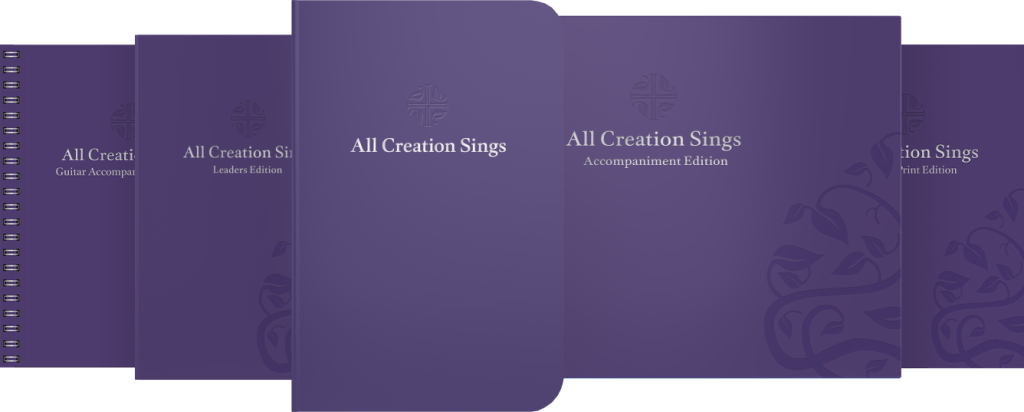
Lectionary for Worship NRSVue Study Edition Year A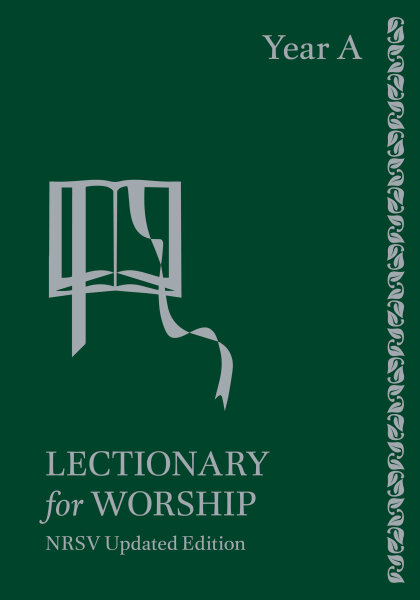
This study edition of the Lectionary for Worship contains the Year A Revised Common Lectionary using NRSV Updated Edition Scripture texts. Pronunciation aids and convenient summaries help lectors prepare with confidence. The lectionary includes a helpful introduction with several charts. Artwork from Evangelical Lutheran Worship introduces each liturgical season and a Scriptural Index is included. A hidden treasure essential for worship planning and reader preparation. Keep a copy in your church office and sacristy and gift to a recent seminary graduate!
ReEngaging ELCA Social Teaching on Faith, Sexism, and Justice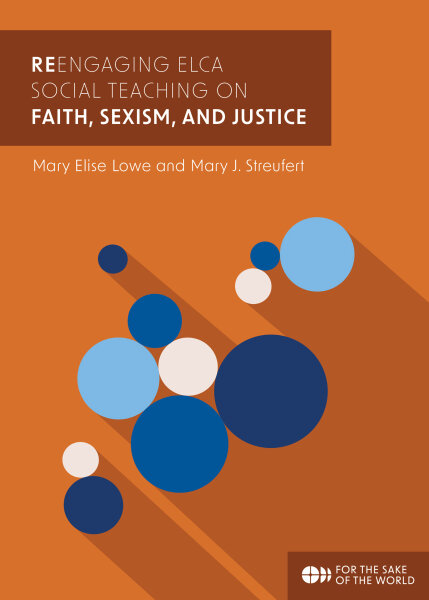
ReEngaging ELCA Social Teaching on Faith, Sexism, and Justice calls us to think together about the ELCA’s 2019 statement on faith, sexism, and justice. What does it mean to embody Lutheran convictions to resist patriarchy and sexism, embrace multidimensional sex and gender, and envision a world that is life-giving for all humans? It delivers a clarion call to action. Social and religious systems of patriarchy are sinful. God intends for God’s diverse creation to flourish. We are called, therefore, to resist all barriers to lives of flourishing and abundance for everyone.
In Sure and Certain Hope: A Funeral Sourcebook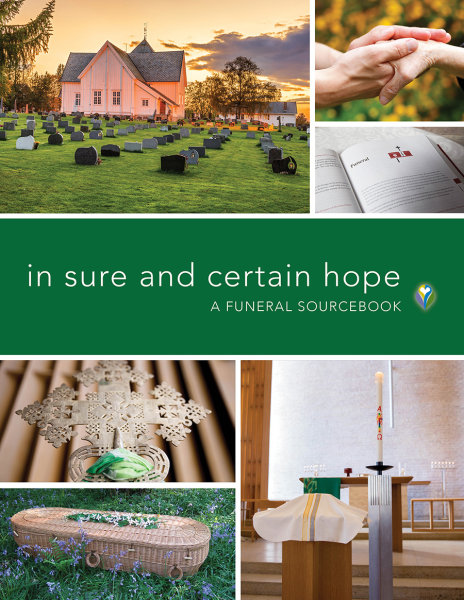
In Sure and Certain Hope: A Funeral Sourcebook is a comprehensive guide for planning, presiding, and preaching at funerals. An in-depth look at the funeral rite and sermon demonstrates how the funeral connects to baptism, proclaims the resurrection of Christ and promise of new life, and points to the communion of all the saints. Tools for discussing and planning a funeral with the family include a planning worksheet, suggestions for scripture texts and hymns, and essays on cremation, the use of a columbarium, natural or green burial, military ceremonies, and more. Includes printable resources.
Soli Deo Gloria: Choir Devotions for Year A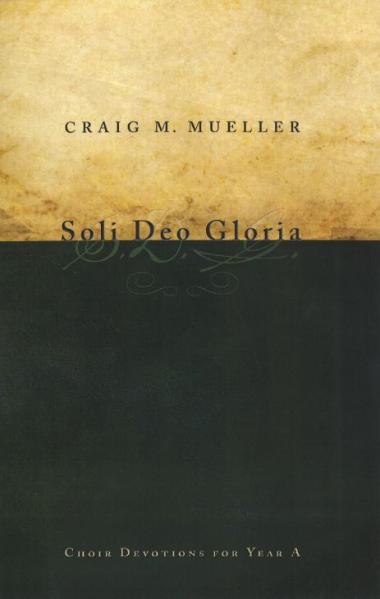
Soli Deo Gloria is a collection of devotions for the choir, choir director, and music lovers. The collection features brief meditations based on the texts given in the Revised Common Lectionary, emphasizing the choir’s leadership role in worship. The ministry of choral music requires preparation of both heart and voice. These devotionals, used at either rehearsal or before worship, will provide a spiritual element much as vocal warm-ups provide the musical element. Also included with each devotional is a hymn text appropriate for the day and rehearsal planning pages.
Summer Music Clinics
 Join us this summer for our annual music clinics. This year’s phenomenal clinicians are Jennaya Robison (choral) and Jan Kraybill (organ). Check out our website to read more about these talented practitioners, explore the daily schedule, and register for a clinic in your area!
Join us this summer for our annual music clinics. This year’s phenomenal clinicians are Jennaya Robison (choral) and Jan Kraybill (organ). Check out our website to read more about these talented practitioners, explore the daily schedule, and register for a clinic in your area!
- July 18–19, Columbia, S.C.
- July 21–22, Columbus, Ohio
- July 24–25, Philadelphia, Pa.
- August 11–12, Twin Cities, Minn.
- August 14–15, Chicago, Ill.


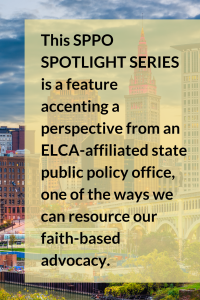
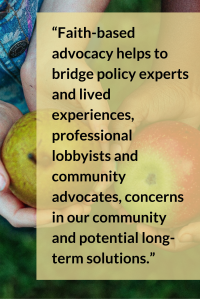
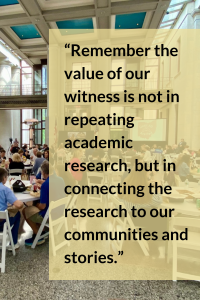

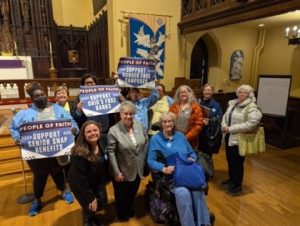
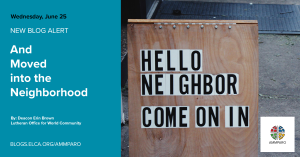

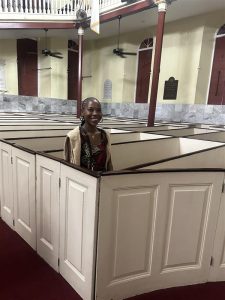
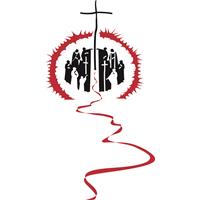 Key Areas of Focus
Key Areas of Focus
